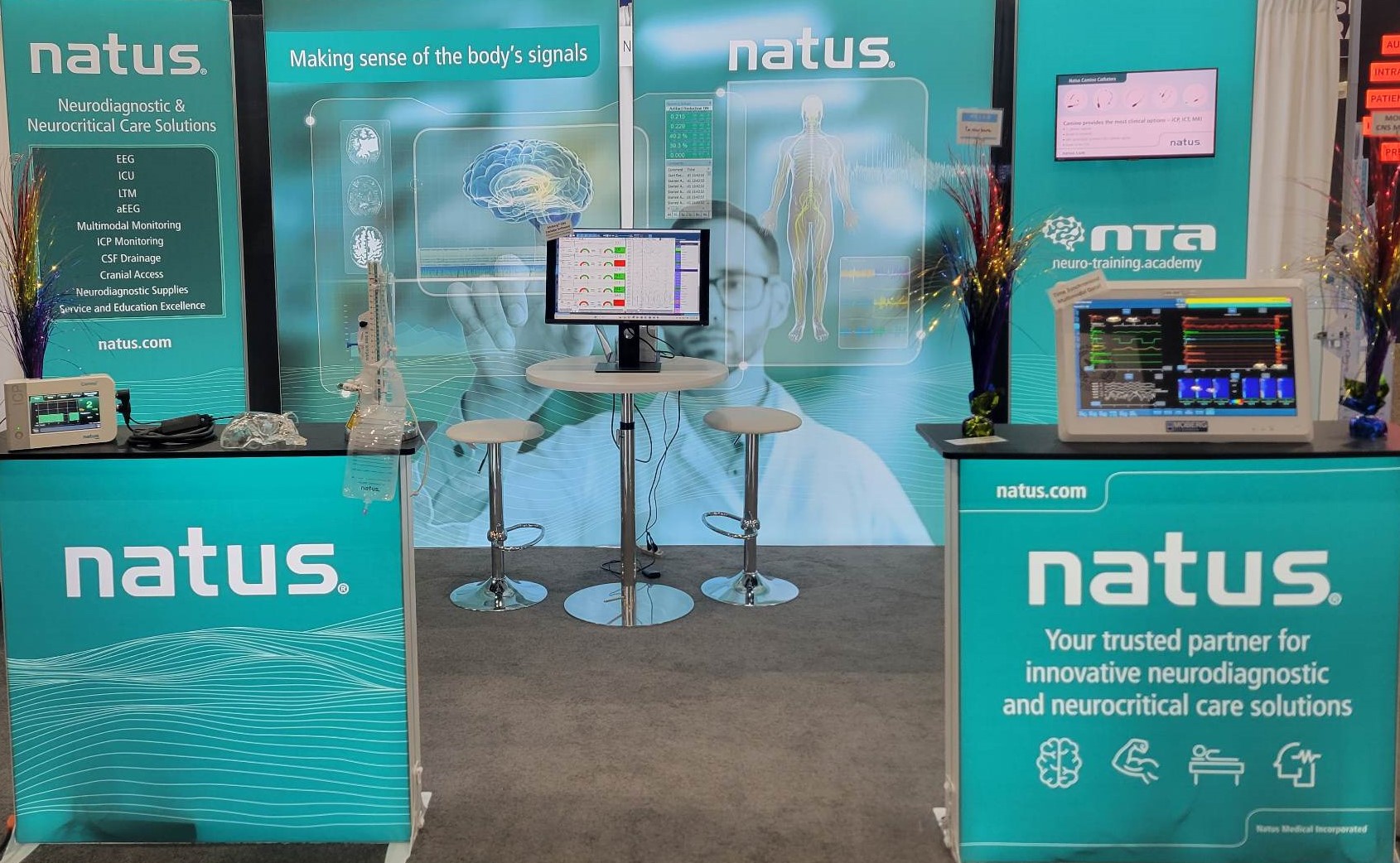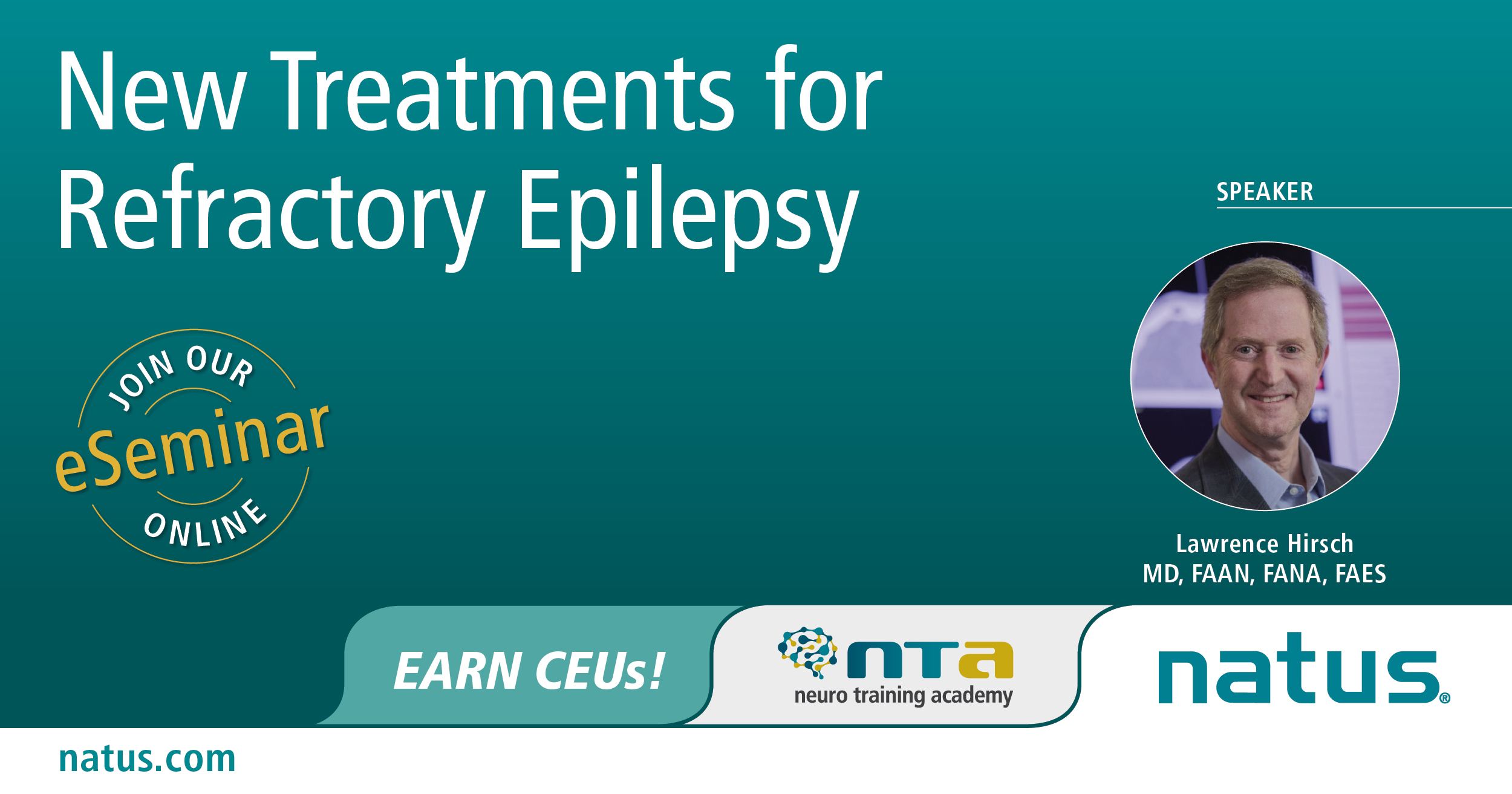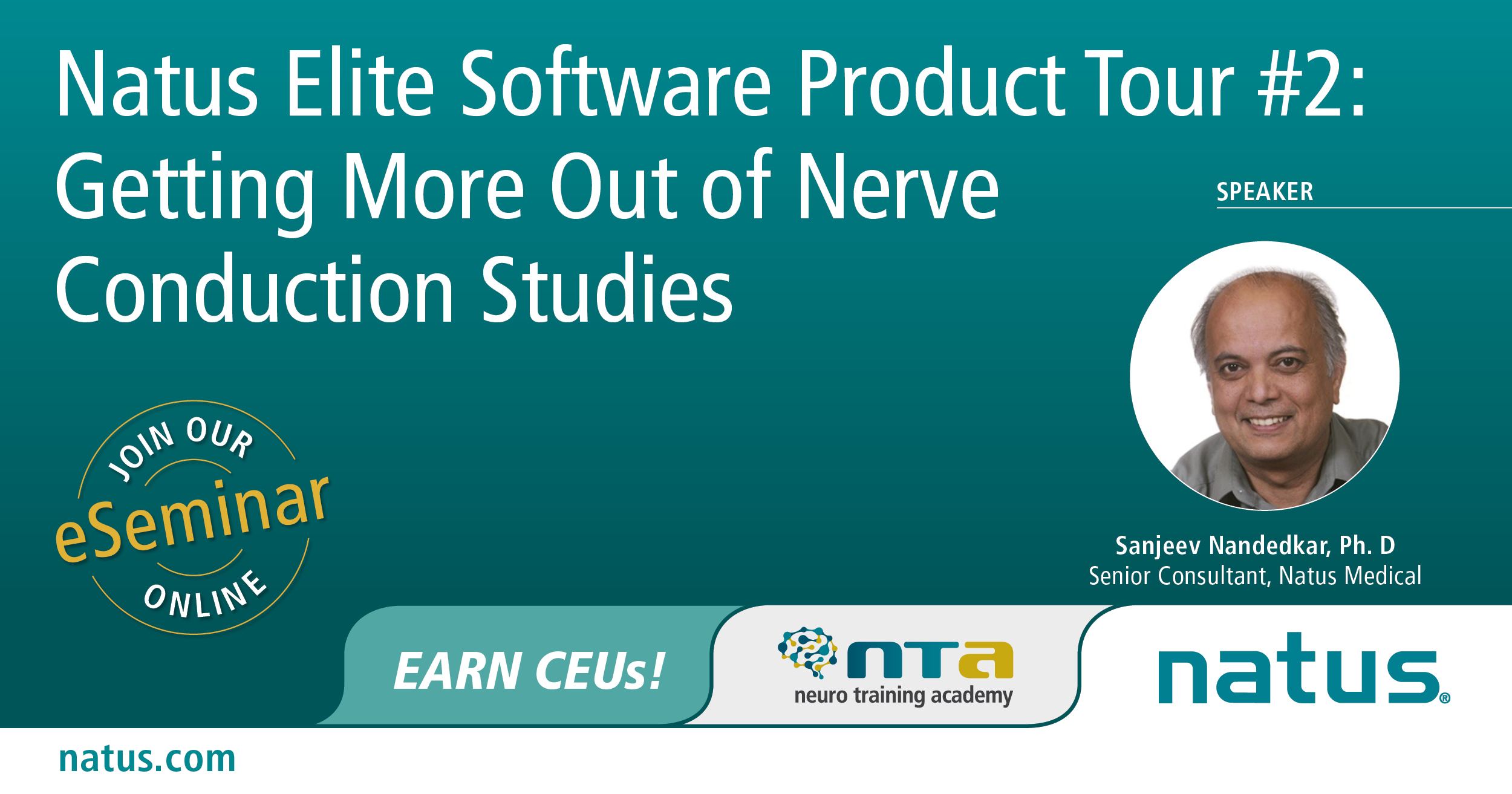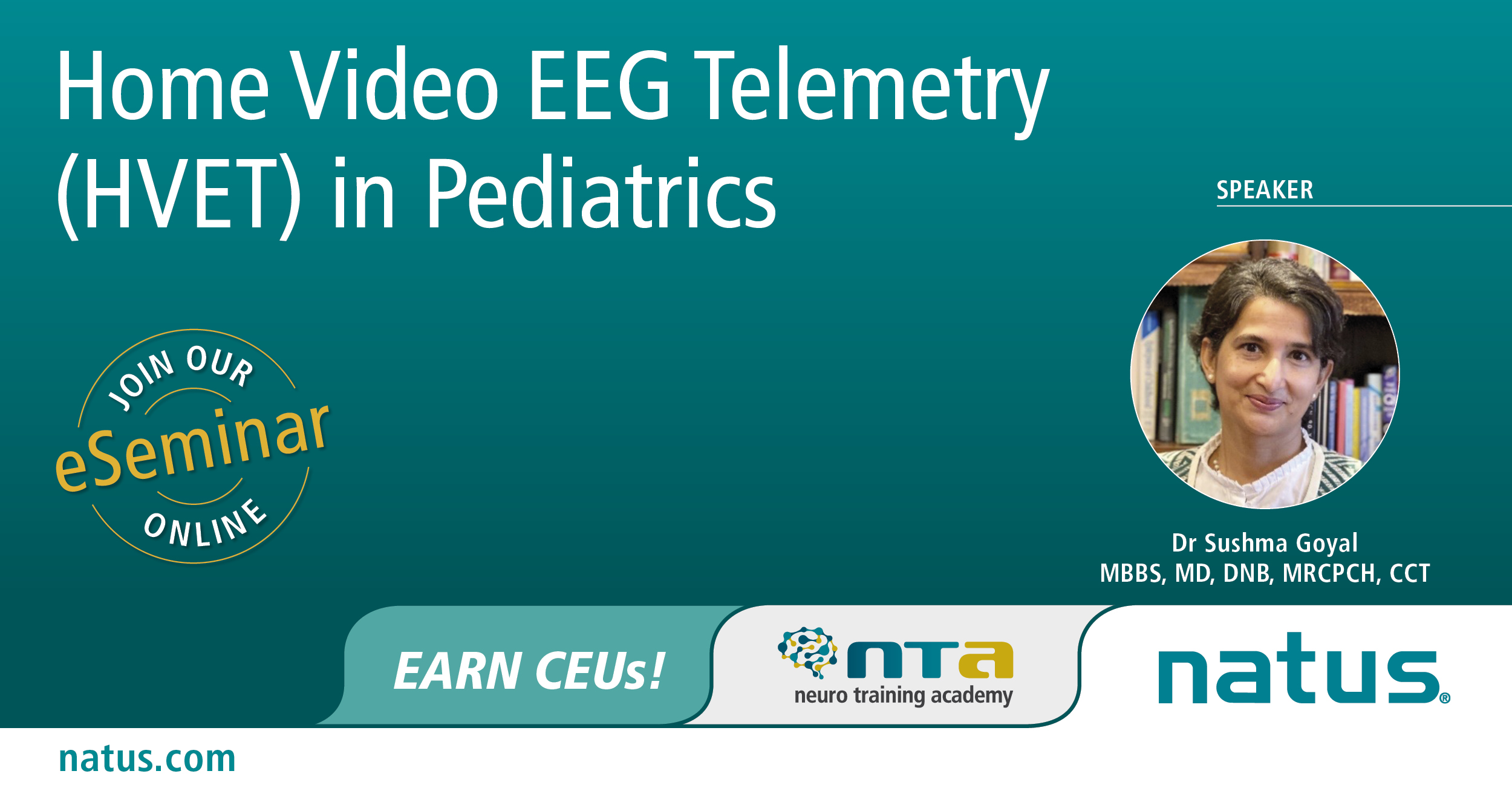Upcoming Events
Eseminars
All
eseminar
on-demand eseminar
Congresses
All
Asia Pacific
Europe
External Supported Trainings
Middle East & Africa
North America
On-site Trainings
All
Asia Pacific
Europe - France
Europe - Germany
Middle East & Africa
North America - Biomedical Training
North America - Clinical Training
april
may
03mayAll Day06American Association of Neurological Surgeons (AANS)Chicago, USA

Time
may 3 (Friday) - 6 (Monday)
Location
Chicago, USA
Hilton Chicago Hotel - Chicago, Illinois
Register NOW
Register Now21mayAll Day24Canadian Neurological Sciences Federation (CNSF)Toronto, Canada

Time
may 21 (Tuesday) - 24 (Friday)
Location
Toronto, Canada
Toronto, ON Canada
Register NOW
Register NowUpcoming LIVE eSeminars
Eseminars
All
eseminar
on-demand eseminar
Congresses
All
Asia Pacific
Europe
External Supported Trainings
Middle East & Africa
North America
On-site Trainings
All
Asia Pacific
Europe - France
Europe - Germany
Middle East & Africa
North America - Biomedical Training
North America - Clinical Training
april

Event Details
Course introduction: In this eSeminar presentation, Dr. Hirsch will discuss the most recent advances in refractory epilepsy evaluation and treatment. This will include novel diagnostic methods such as long-term EEG,
Event Details
Course introduction:
In this eSeminar presentation, Dr. Hirsch will discuss the most recent advances in refractory epilepsy evaluation and treatment. This will include novel diagnostic methods such as long-term EEG, new medications include rescue meds for home use, new epilepsy surgery methods to open up opportunities for even more patients, and devices/neuromodulation. Some sample real-world cases will be used.
Learning Objectives:
At the conclusion of this eSeminar the participants will be able to:
- Appreciate the newer methods of diagnosing the nature of spells, including with long-term ambulatory EEG
- Learn the benefits and limitations of emerging methods for diagnosis, including rapid EEG devices and artificial intelligence
- Appreciate the new options for refractory multifocal or generalized epilepsy
This course is approved for a total of 1.0 CEC hour by ASET – The Neurodiagnostic Society
Speakers for this event
-
Dr. Lawrence J. Hirsch
Dr. Lawrence J. Hirsch
MD, FAAN, FACNS, FANA, FAES
Lawrence J. Hirsch, M.D. is Professor of Neurology, Chief of the Division of Epilepsy and EEG, and Co-Director of the Comprehensive Epilepsy Center, all at Yale University. He has held leadership positions in the American Clinical Neurophysiology Society (ACNS), American Epilepsy Society, American Academy of Neurology, and the Epilepsy Foundation, and is lead author of the 2012 and 2021 ACNS guidelines on critical care EEG terminology. He is founder and former chair of the Critical Care EEG Monitoring Research Consortium, which now includes more than 50 centers, and co-chair of the medical advisory board of the NORSE Institute. He has been an active researcher throughout his career, having published more than 200 peer-reviewed manuscripts and more than 100 reviews, editorials or book chapters on topics including status epilepticus, all aspects of EEG including intracranial recordings and brain monitoring in the critically ill, brain stimulation, epilepsy surgery, seizure clusters, rescue medications, sudden death in epilepsy (SUDEP), and anti-seizure medication use. He has won multiple teaching awards and is co-author of the first-ever atlas on EEG in critical care.
MD, FAAN, FACNS, FANA, FAES
Time
(Wednesday) 11:00 am - 12:00 pm ET
Location
ONLINE eSeminar
Register NOW
Register NowEvent Link
Event Linkmay

Event Details
Course introduction: This last eSeminar of a two-part series presented by Dr. Sanjeev Nandedkar will summarize the new features of NCS Insight software. This presentation will focus on the improvements
Event Details
Course introduction:
This last eSeminar of a two-part series presented by Dr. Sanjeev Nandedkar will summarize the new features of NCS Insight software. This presentation will focus on the improvements in autonomic testing programs that make testing and data editing much easier. Dr. Nandedkar will conclude by demonstrating the principles of the so-called ‘QRS-triggered SEP’ test that is aimed at reducing artifacts in this test thus improving signal quality.
Course Objectives:
-
- How to analyze EMG signals off-line
- Repetitive nerve stimulation: Low, high, conditioning and other modalities
- Single fiber EMG: Multi-peak analysis
- QRS Triggered SEP
This course is approved for a total of 1.0 CEC hour by AAET– The American Association of Electrodiagnostic Technologists
Speakers for this event
-
Dr. Sanjeev Nandedkar
Dr. Sanjeev Nandedkar
Ph.D.
With over 30 years of experience, Sanjeev is an award winning author, editor and reviewer, researcher, instrument design engineer, teacher, and clinical expert in the EMG field. He has delivered lectures, workshops and seminars in over 25 countries at universities, hospitals and EMG conferences. As an editor, Sanjeev started the “EMG on DVD” educational series. In collaboration with other clinicians, he developed Motor Unit Number Index (MUNIX) along with Multi-Motor unit Analysis (MMA) and Turns & Amplitude (TA) methods available on Natus EMG systems. His primary research interest is in Automatic analysis of EMG signals, Modeling EMG signals and Technical aspects of EMG waveforms. Sanjeev is currently a Senior Consultant at Natus Medical. Sanjeev is also Adjunct Professor of Neurology at Medical College of Wisconsin.
Ph.D.
Time
(Thursday) 11:00 am - 12:00 pm
Location
ONLINE eSeminar
Register NOW
Register NowEvent Link
Event Link09may11:00 am12:00 pmEEG in EpilepsyJoin this eSeminar with Dr. Mark Quigg

Event Details
Course introduction: Join us for this eSeminar presented by Dr. Mark Quigg, Professor of Neurology at the University of Virginia Health as he discusses the role of EEG in Epilepsy.
Event Details
Course introduction:
Join us for this eSeminar presented by Dr. Mark Quigg, Professor of Neurology at the University of Virginia Health as he discusses the role of EEG in Epilepsy. Although we use and encounter EEG frequently in the course of our daily clinical practice, sometimes a fresh and practical review is needed to reground ourselves and evaluate whether the best is being extracted from our routine and quotidian tasks.
Learning Objectives:
At the conclusion of this eSeminar the participants will be able to:
- Know and understand the biological origin of the EEG
- Understand specificity and sensitivity of the EEG in evaluation of epilepsy
- Know the types of EEG and matching them to the clinical question
- Learn from case demonstrations
This course is approved for a total of 1.0 CEC hour by ASET – The Neurodiagnostic Society
Speakers for this event
-
Dr. Mark Quigg
Dr. Mark Quigg
M.D., M.Sc., F.A.N.A., F.A.E.S.
Mark Quigg, MD, received neurology training at the University of Virginia and neuroscience training at the Karolinska Institute in Stockholm, Sweden. He specializes in the evaluation and treatment of difficult-to-control seizures and the neurological aspects of sleep medicine. He is the medical director of the electroencephalography and intensive monitoring laboratories and is an expert in using these tools to evaluate epilepsy, sleep disorders and disorders with similar symptoms. He is nationally recognized for his clinical practice and research. He holds national offices, including on the neurology board and professional societies for neurology and epilepsy.
Dr. Quigg enjoys living in Charlottesville and is an avid runner and cyclist. He is also a woodworker and has put significant sweat equity into his old house in downtown Charlottesville. He has two children with his wife, Lotta.M.D., M.Sc., F.A.N.A., F.A.E.S.
Time
(Thursday) 11:00 am - 12:00 pm ET
Location
ONLINE eSeminar
Register NOW
Register NowEvent Link
Event Link
Event Details
Course introduction: Clinician education has been impacted by changes in the healthcare landscape. These challenges have created a gap in practice and have resulted in decreased confidence and competence at
Event Details
Course introduction:
Clinician education has been impacted by changes in the healthcare landscape. These challenges have created a gap in practice and have resulted in decreased confidence and competence at the bedside. Incorporating different educational modalities is a necessity to ensure quality patient care. Just-in-time training is one solution proven to deliver time-relevant education as healthcare evolves.
Learning Objectives:
At the conclusion of this eSeminar the participants will be able to:
- Discuss current challenges in healthcare impacting education and practice
- Compare educational modalities and their use in healthcare
- Describe just in time training as a solution
- Outline examples of just-in-time training in healthcare
This course is approved for a total of 1.0 Contact hour
Natus Medical Incorporated is a provider approved by the California Board of Registered Nursing.
Provider Number 16614 for 1.0 contact hour.
Speakers for this event
-
Julie Pagel
Julie Pagel
DNP, RN, CCRN, SCRN, CNE-cl
Natus
Julie Pagel is a neurocritical care nurse specialist at Natus. She has clinical practice experience in both medical and neurosurgical intensive care settings, totaling over 12 years along with serving as a neuroscience divisional educator at a level 1 trauma, comprehensive stroke hospital in Charlotte, NC. She also served as adjunct faculty at University of North Carolina at Charlotte for 8 years. She is currently responsible for the education of clinicians including curriculum and competency development, instructional design, and multi-modality delivery. Her Master’s degree specializes in nursing education. And her doctoral work investigated the effect of early mobility on functional ability of stroke patients post-TPA. She has presented her work nationally on topics ranging from adult and pediatric stroke, creation of a neuro-intermediate unit, interprofessional education, innovative teaching strategies, simulation, and cultivating clinical reasoning. She has published on nurse preceptors and new graduate nurses’ transition into practice along with the impact of COVID-19 on new graduate nurses’ success. She is passionate about the promotion of neuroscience nursing and neurocritical care through involvement with the American Association of Neuroscience Nurses, including serving on the board of directors.
DNP, RN, CCRN, SCRN, CNE-cl
Time
(Thursday) 11:00 am - 12:00 pm ET
Location
ONLINE eSeminar
Register NOW
Register NowEvent Link
Event Linkjune
Event Details
Course introduction: Surgery is the only potential curative treatment of drug refractory structural and focal epilepsies. It is mandatory to understand that epilepsy surgery is a functional surgery. Long term
Event Details
Course introduction:
Surgery is the only potential curative treatment of drug refractory structural and focal epilepsies. It is mandatory to understand that epilepsy surgery is a functional surgery. Long term video-EEG (and sometimes video-SEEG) recordings constitute the core of the multi-modal pre-surgical work-up. The proposed course has the overarching goal to introduce, in a progressive, practical, and didactic fashion, the methods of long term video-EEG (SEEG) recordings with the perspective of delineating the epileptogenic zone and ultimately propose epilepsy surgery when possible
Learning Objectives:
At the conclusion of this eSeminar the participants will be able to:
- Analyze the indications of long term video-EEG.
- Understand the principles underlying the analysis and interpretation of video-EEG, with an emphasis on anatomo-electro-clinical correlations and the concept of functional concordance.
- Learn the criteria leading to contra-indication or indication for surgery and/or phase 2 (SEEG) investigations.
This course is approved for a total of 1.0 Contact hour by ASET – The Neurodiagnostic Society
Speakers for this event
-
Louis Maillard
Louis Maillard
MD, PhD
Louis Maillard MD, PhD has been heading since 2005 the Patrick Chauvel epileptology unit at the Regional University Hospital of Nancy, which is a tertiary French and European Reference Center for rare and drug refractory epilepsies (ERN EPICARE). He is Professor of Neurology at Lorraine University and member of the Clinical and Neuroscience Research Team, Lorraine University, Centre National de la Recherche Scientifique, UMR 7365. He is also heading the Scientific Board of the French Clinical Neurophysiology Society and member of the ILAE Task Force on Diagnostic Methods/EEG. Louis Maillard did a clinical fellowship in the Marseille epileptology Unit from 2003 to 2005 and a PhD in neuroscience at the university of Marseille under the supervision of Pr Patrick Chauvel and Catherine Chauvel. His research interests and publications have focused on drug-resistant epilepsies with several purposes: (1) improving the delineation of epileptogenic zone based on both Stereo-Electroencephalography and on Electrical Source Imaging; (2) Improving the post-surgical cognitive outcome, especially in language and visual recognition, using electrical cortical stimulation, intra-cerebral evoked potentials, cortico-cortical evoked potentials. Louis Maillard has been a tutor and faculty in numerous international workshops and congresses on Stereo-Electroencephalography and drug resistant epilepsies and will be chairing the special interest group of the AES dedicated to SEEG in 2024.
MD, PhD
Time
(Wednesday) 11:00 am - 12:00 pm ET
Location
ONLINE eSeminar
Register NOW
Register NowEvent Link
Event Link
Event Details
Course introduction: The lecture showcases how Home Video Telemetry (HVET) has evolved since its conception and how it proved to be resilient in the COVID-19 pandemic, which was unforeseen. HVET
Event Details
Course introduction:
The lecture showcases how Home Video Telemetry (HVET) has evolved since its conception and how it proved to be resilient in the COVID-19 pandemic, which was unforeseen. HVET has become the preferred method for diagnostic video EEG telemetry, in particular for children and their families at our center. The different types of HVET; their advantages and disadvantages will be discussed along with illustrative case scenarios.
Learning Objectives:
At the conclusion of this eSeminar the participants will be able to:
- Understand what HVET is
- HVET vs. Inpatient Video Telemetry
- Different types of HVET
- Use cases for HVET
This course is approved for a total of 1.0 CEC hour by ASET – The Neurodiagnostic Society
Speakers for this event
-
Dr. Sushma Goyal
Dr. Sushma Goyal
MBBS, MD, DNB India MRCPCH, CCT (Clinical Neurophysiology) London, UK
Sushma is the Lead Consultant Paediatric Clinical Neurophysiologist at Evelina London Children’s Hospital and an Honorary Consultant at King’s College Hospital, London. Her specialist interests include Neonatal and Paediatric EEG and evaluation of children for epilepsy surgery. She is the International Secretary of the British Society of Clinical Neurophysiology (BSCN) and was a member of ILAE Neurophysiology taskforce in 2017 for the role of EEG in the diagnosis and classification of epilepsy syndromes. She is a faculty on the neonatal and paediatric ILAE EEG courses. She is a member of the King’s Healthcare Partners team that won the NHS Innovation Challenge Prize for developing home video EEG telemetry in the UK.
MBBS, MD, DNB India MRCPCH, CCT (Clinical Neurophysiology) London, UK
Time
(Thursday) 11:00 am - 12:00 pm ET
Location
ONLINE eSeminar
Register NOW
Register NowEvent Link
Event Link
Event Details
Die Elektrophysiologie liefert schnell Hinweise für oder gegen eine Endplattenstörung als Ursache von Doppelbildern oder einer Parese – schneller als Antikörpertests. Zur Verfügung stehen repetitive Stimulation, posttetanische Fazilitierung und Einzelfaser-EMG,
Event Details
Die Elektrophysiologie liefert schnell Hinweise für oder gegen eine Endplattenstörung als Ursache von Doppelbildern oder einer Parese – schneller als Antikörpertests. Zur Verfügung stehen repetitive Stimulation, posttetanische Fazilitierung und Einzelfaser-EMG, jeweils mit eigenen Fallstricken und eigener Zuverlässigkeit auch unter Beachtung aller Tipps und Tricks. Im Seminar beschreiben wir die praktische Durchführung der Untersuchungen und ihre Wertigkeit im klinischen Kontext.
Lernziele der Veranstaltung:
Klinik von Endplattenstörungen
Elektrophysiologie bei Endplattenstörungen
Vor- und Nachteile von Repetitiven Stimulation vs. SF-EMG
Wissenschaftliche Leitung: PD Dr. med. Peter Trillenberg, Klinik für Neurologie – Forschung & Lehre, Universität zu Lübeck
Speakers for this event
-
Peter Trillenberg
Peter Trillenberg
MD, PhD
Wissenschaftliche Leitung: PD Dr. med. Peter Trillenberg, Klinik für Neurologie – Forschung & Lehre, Universität zu Lübeck
MD, PhD
Time
(Thursday) 4:00 pm - 5:00 pm


